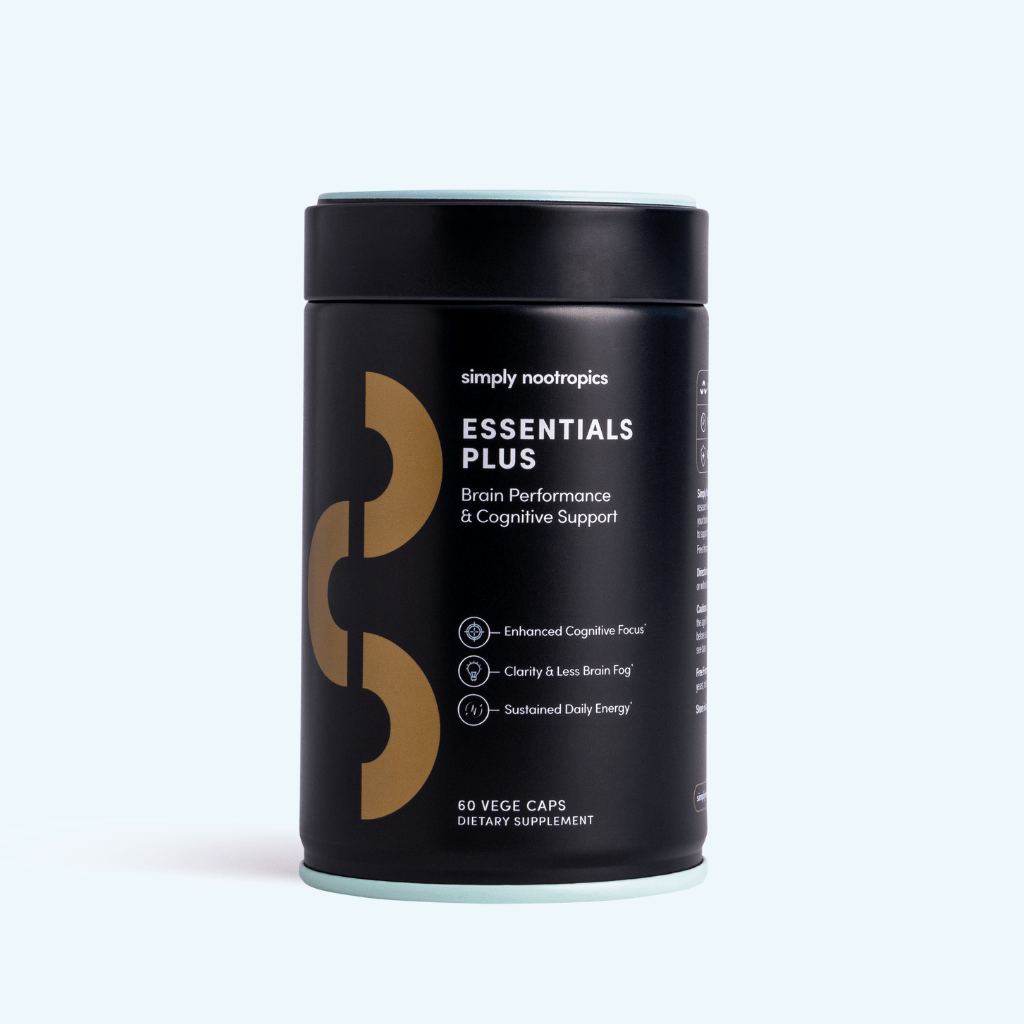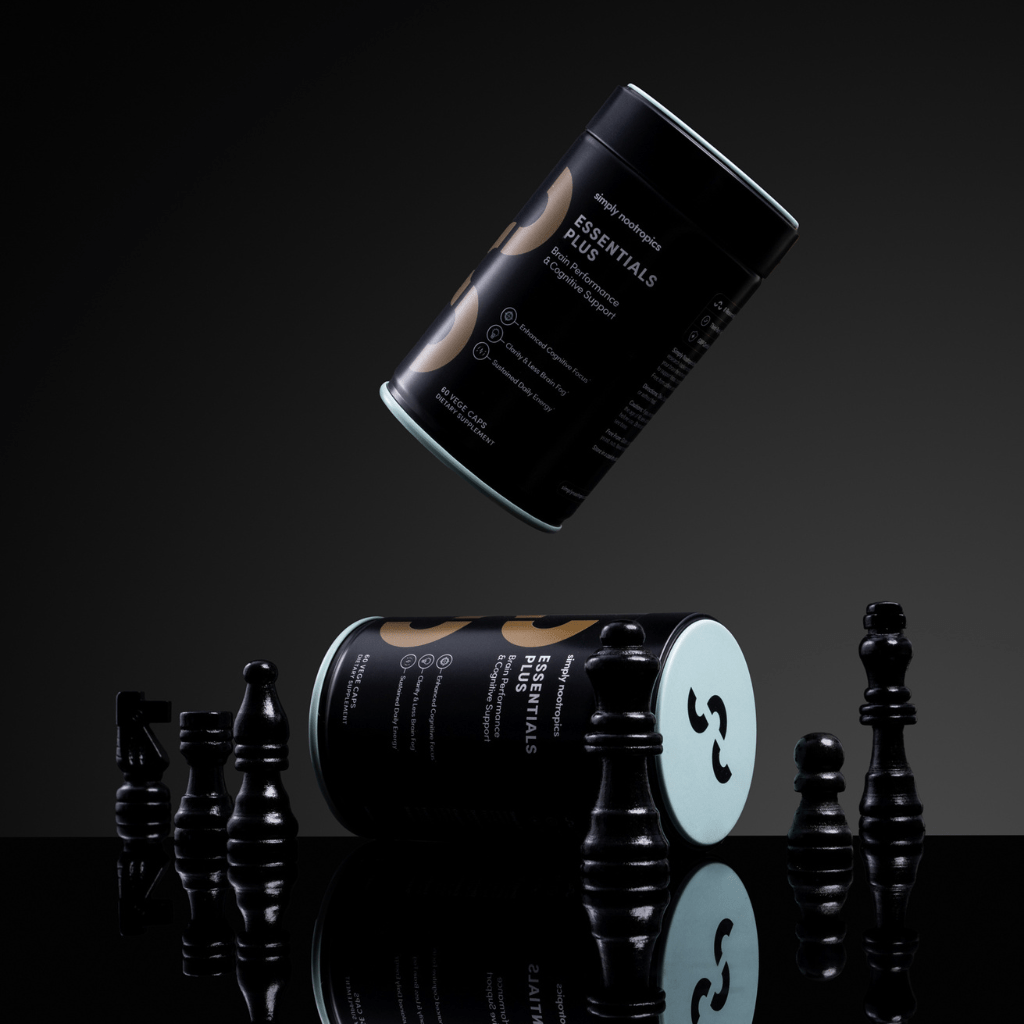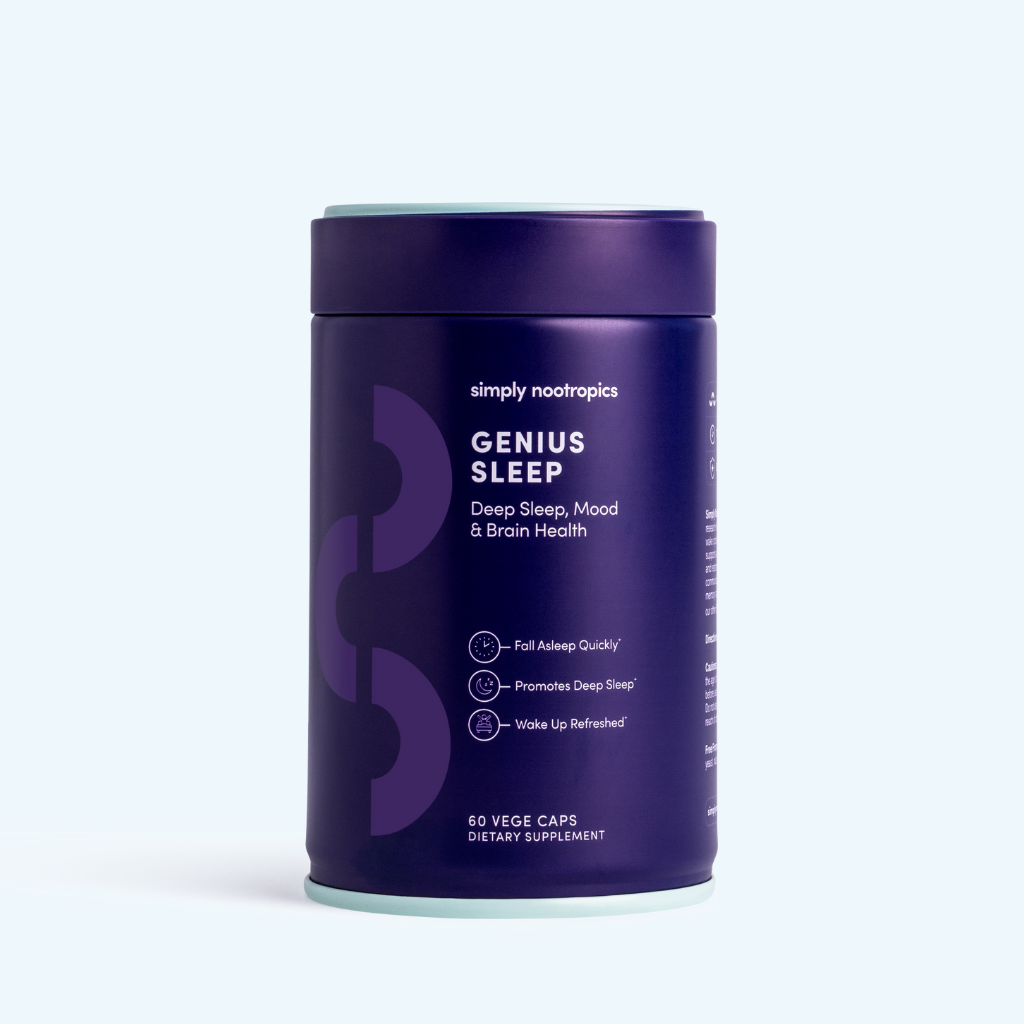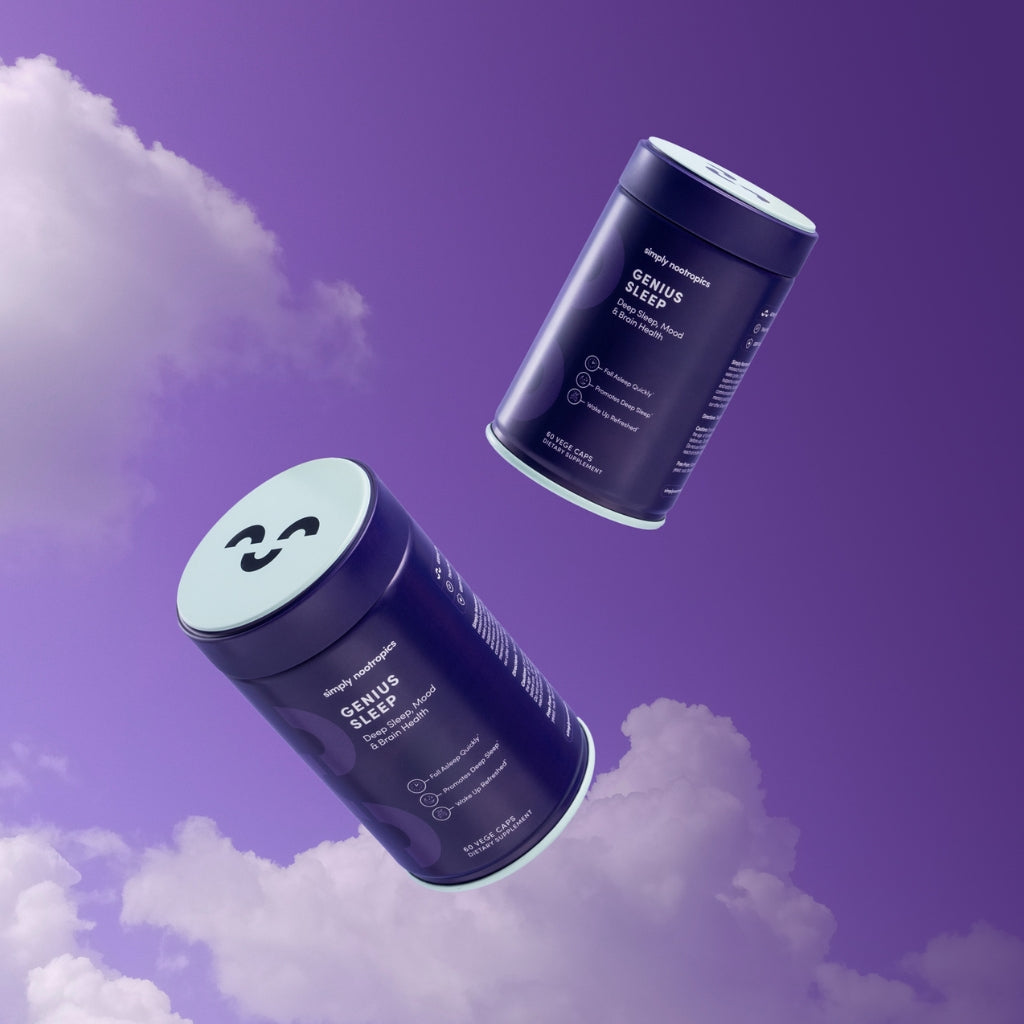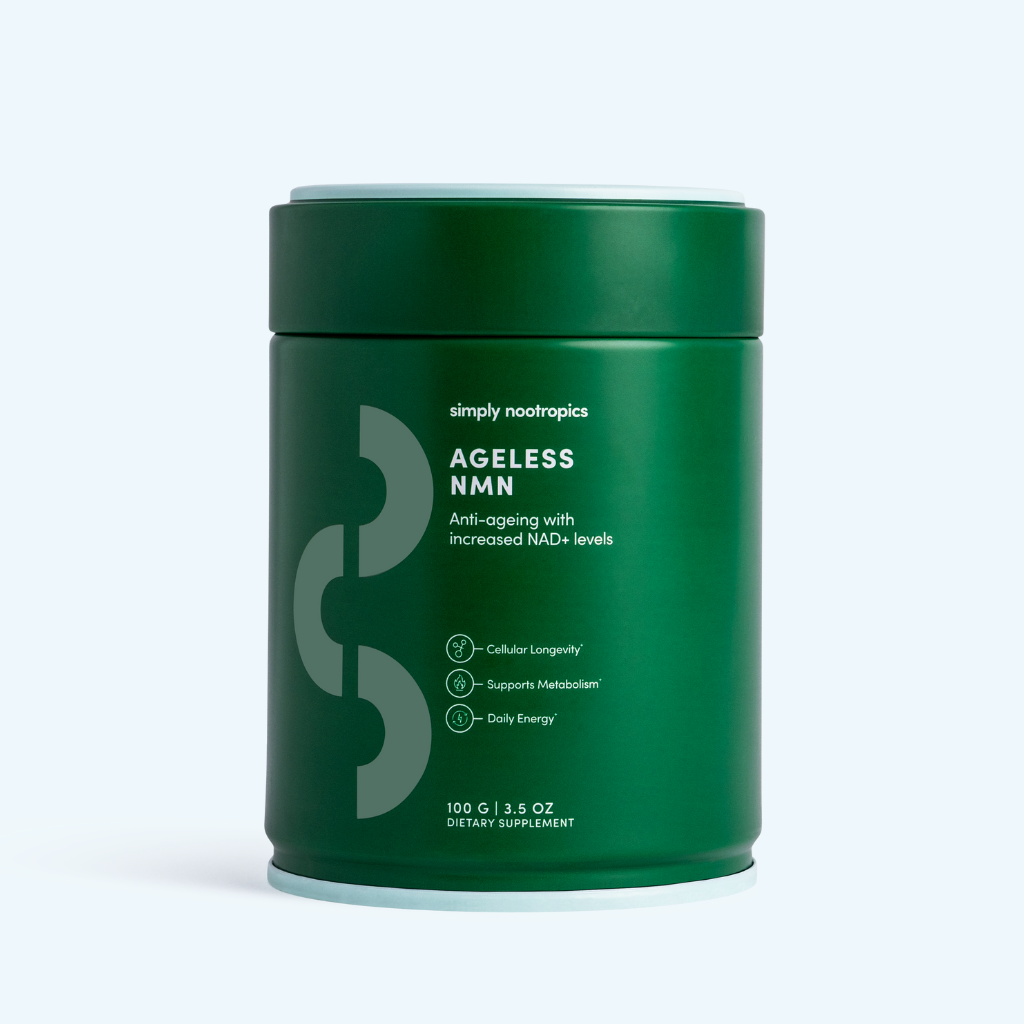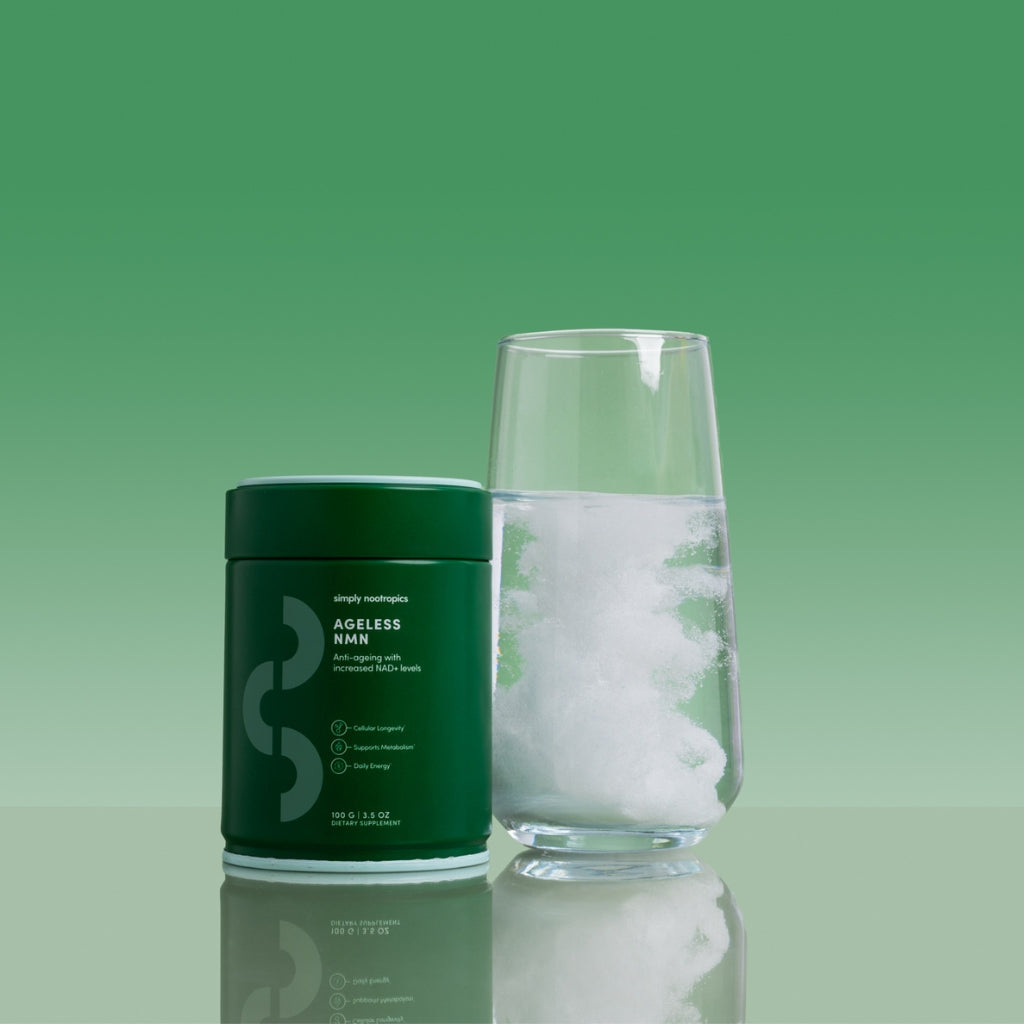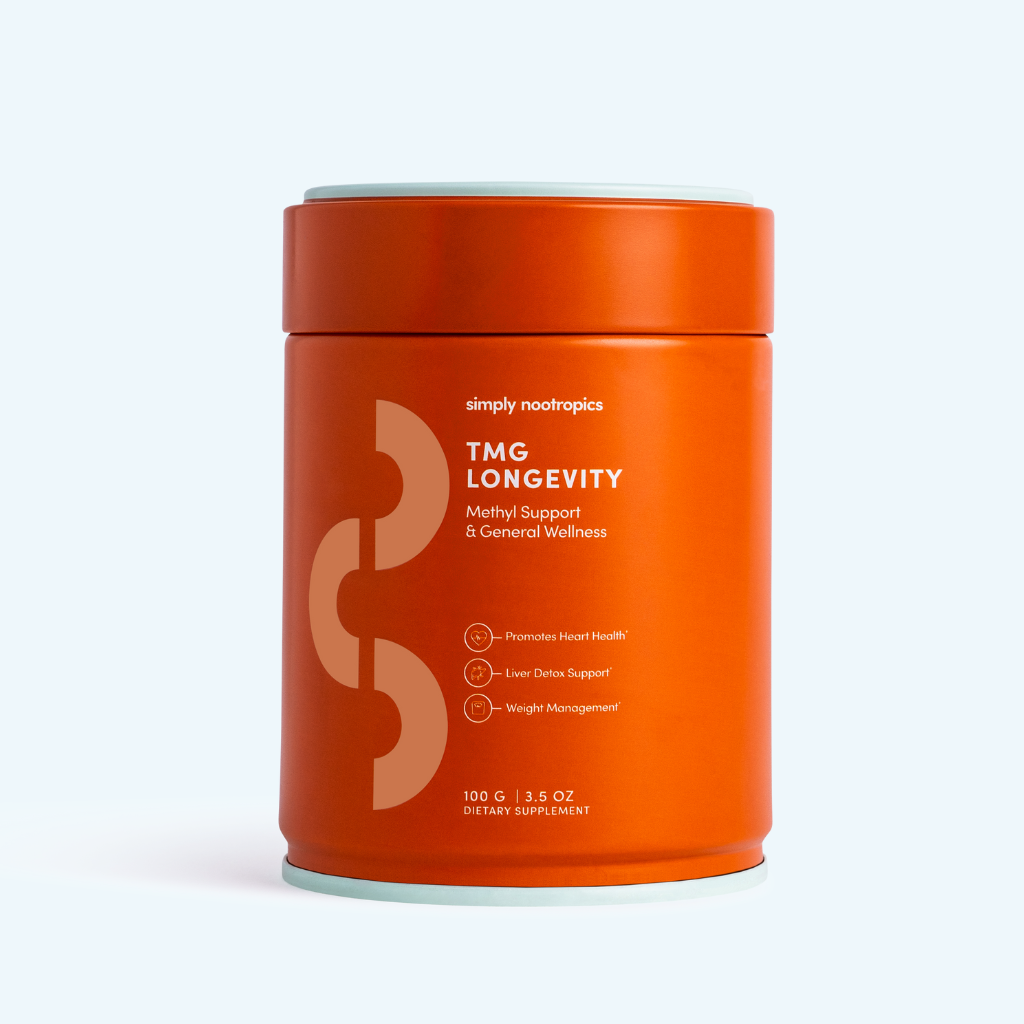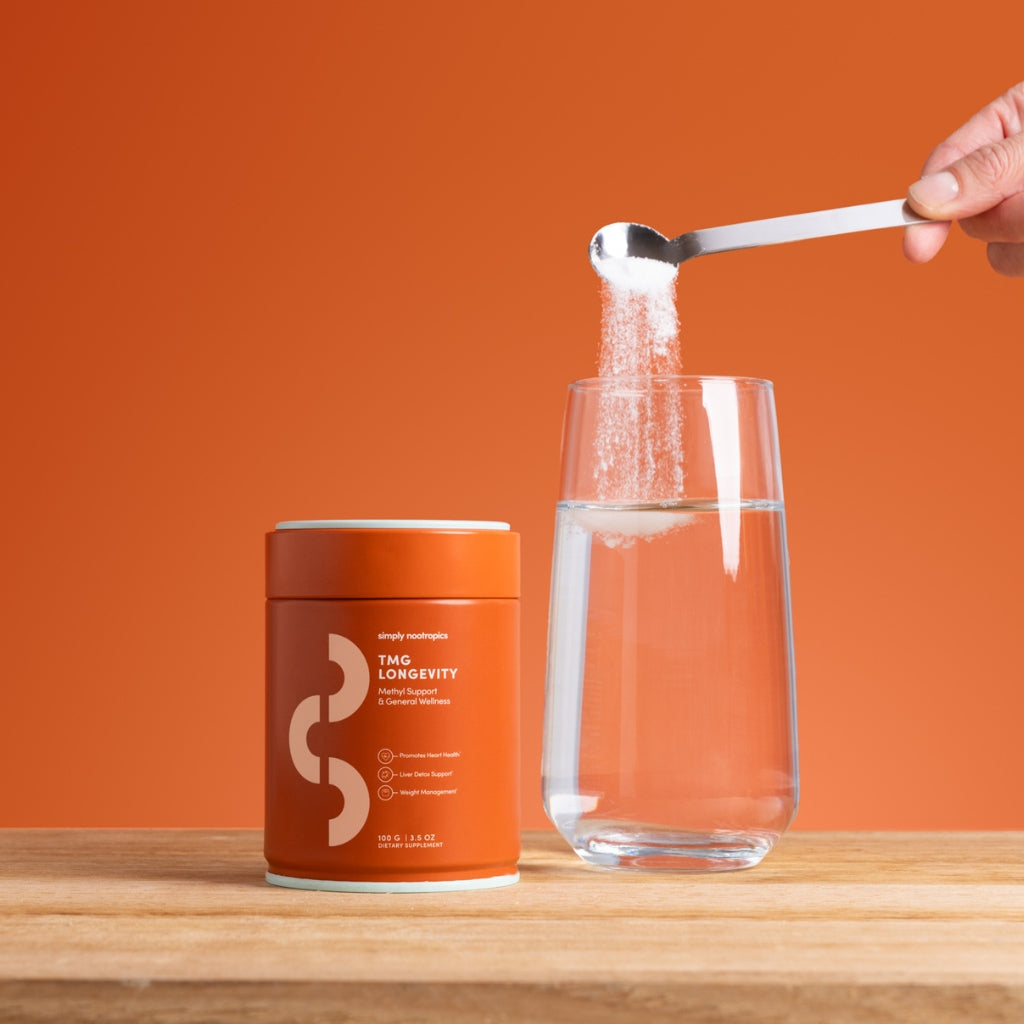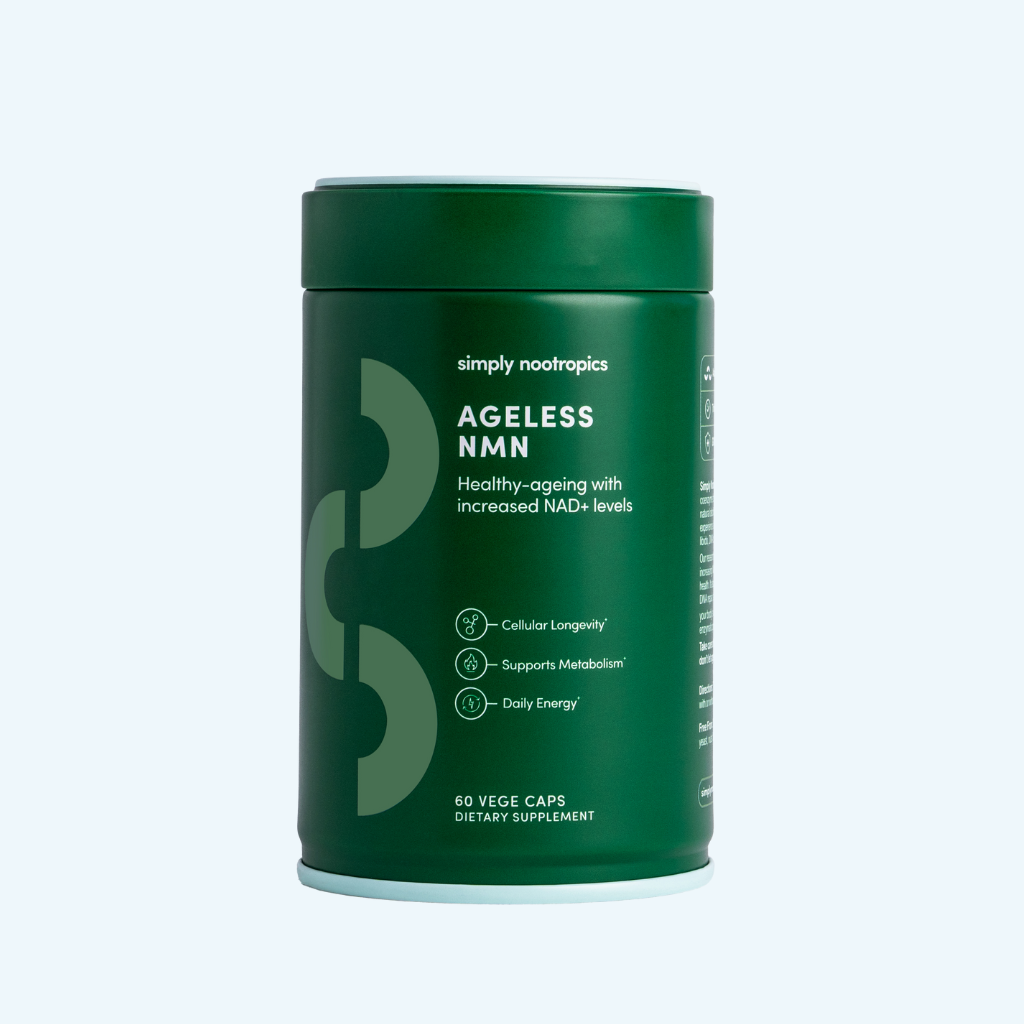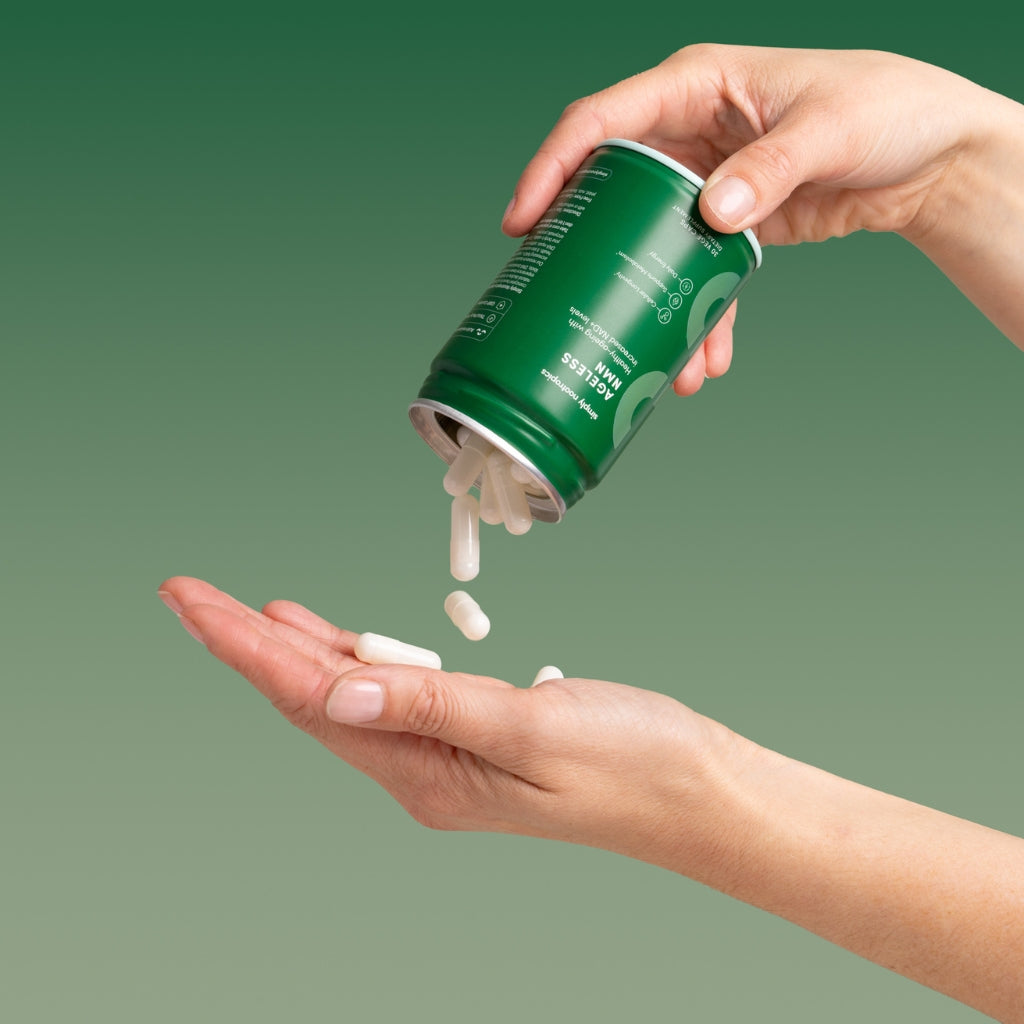From hot tubs that act like exercise to eco-friendly toothpaste made from human hair, this month’s research highlights how the body adapts, repairs, and sometimes surprises us. Here’s what’s new in longevity science, and what it means for your daily health routine.
1. Hot Water Immersion Lowers Blood Pressure and Strengthens Immunity
Saunas and hot tubs have long been celebrated for their relaxing warmth, but new evidence suggests that hot water may deliver more than just comfort.
A study from the Bowerman Sports Science Centre at the University of Oregon, published in the American Journal of Physiology, compared the effects of three common heat therapies: soaking in a hot tub, sitting in a traditional dry sauna, and using a far-infrared sauna.
The results were striking: hot-water immersion raised core body temperature faster and more effectively than either sauna, triggering a stronger cascade of physiological benefits. Participants experienced:
-
Lower blood pressure
-
Enhanced immune cell activity
-
Improved blood flow and vascular function
Lead author Jessica Atencio, a doctoral researcher in the lab of Professor Christopher Minson, explained that this response is driven by one simple mechanism: heat itself. The researchers observed that even after the heat sessions ended, beneficial effects continued, suggesting a training-like adaptation to regular thermal stress, similar to the effects of moderate exercise.
Minson, who has studied heat therapy for over two decades, believes this offers an alternative for people unable to exercise regularly.
For longevity, this finding reinforces a growing idea: controlled stress, in small doses, strengthens the body’s resilience. Through cold exposure, fasting, or heat, mild physiological challenges appear to activate repair pathways that keep the cardiovascular and immune systems adaptable with age.
2. Toothpaste Made from Human Hair Could Regrow Tooth Enamel
It sounds like science fiction, but researchers at King’s College London have found a way to transform keratin from human hair into a material that can repair teeth.
Published in Advanced Healthcare Materials, the study shows that keratin proteins, the same molecules that make up our hair and skin, can form a protective mineral layer on teeth that mimics natural enamel.
Enamel, once damaged, cannot regenerate. Everyday wear from acidic food, brushing, and ageing gradually thins this protective coating, leading to tooth sensitivity and decay. Fluoride can slow the process, but it doesn’t rebuild what’s been lost. Keratin appears to do just that.
When keratin interacts with the minerals in saliva, it forms a crystal-like scaffold that not only strengthens the tooth surface but continues to attract calcium and phosphate ions, the same minerals found in natural enamel. Over time, this creates a protective, enamel-like coating that seals nerve channels and helps reverse early-stage damage.
The material, derived from wool in the initial experiments, could soon be incorporated into toothpastes or professional gels. Early applications may include dental coatings or varnishes designed to rebuild and protect enamel. Beyond dental innovation, this research represents a shift toward biological recycling and circular healthcare, turning natural waste into medical-grade biomaterials.
If developed further, keratin-based biomaterials could replace synthetic resins and fluoride-heavy compounds, paving the way for a more sustainable, regenerative approach to oral health, one that aligns perfectly with the broader movement toward longevity-based healthcare.
3. Why Children’s Distractibility May Be a Cognitive Advantage
Every parent or teacher knows how easily children can lose focus. But new findings from The Ohio State University suggest that distractibility in children may actually support flexible learning.
In a recent study, Vladimir Sloutsky and Qianqian Wan discovered that young children’s tendency to “overexplore”, to pay attention to everything rather than focusing narrowly, stems from their developing working memory.
Working memory acts as the brain’s mental workspace, holding and manipulating short-term information. Adults rely on it to stay on task. Children, however, haven’t fully developed this capacity, which means their attention tends to spread across multiple stimuli instead of locking onto one goal.
To test this, researchers designed a computer game involving four “alien creatures” that offered different amounts of virtual candy. While adults quickly learned which creature gave the most rewards, children - and adults whose working memory was intentionally overloaded - continued exploring other options, even after learning the best choice.
Despite their distractibility, both groups performed accurately overall, suggesting that children’s learning systems are not flawed but optimised for exploration. This ability to sample information broadly may help them notice patterns that adults overlook.
In longevity science, this insight fits an emerging theme: flexibility equals resilience. Whether in cells or in minds, systems that can explore, adapt, and reconfigure themselves tend to stay healthier for longer.
4. The Emergent Mind: What AI Is Teaching Us About Human Intelligence
Every thought, decision, and emotion you experience begins with a single neuron firing, and then millions joining in synchrony. But how this collective activity becomes a mind is still one of science’s most compelling mysteries.
In their new book, The Emergent Mind: How Intelligence Arises in People and Machines, Stanford psychologist Jay McClelland and Gaurav Suri explore how intelligence emerges from networks of simple units, in both humans and artificial systems.
McClelland, one of the pioneers of neural network models that inspired modern AI, explains that cognition doesn’t come from a single “centre of thought,” but from vast webs of interactions between neurons. These connections evolve continuously through experience, shaping perception, memory, and behaviour far below conscious awareness.
This neural framework, once purely theoretical, now informs much of artificial intelligence research. The same mathematical principles used to simulate brain networks have driven today’s most advanced AI models, though McClelland notes that machines still fall short of the human mind’s flexibility and self-awareness.
The takeaway isn’t that AI is catching up to us, but that studying it is helping us see ourselves more clearly. Understanding how cognition “emerges” from countless simple parts deepens our grasp of creativity, learning, and decision-making, all processes that define what it means to stay mentally young.
At Simply Nootropics, we often describe longevity as the sum of small, daily decisions that keep your systems in sync - metabolism, immunity, and cognition all depend on micronutrient sufficiency and cellular repair.
That’s where Essentials Plus plays its role. It delivers a complete spectrum of active B-vitamins, trace minerals, and antioxidant support to help maintain methylation, protect against oxidative stress, and sustain cellular energy production, the biochemical foundation of adaptability.
When you pair consistent nutrition with habits that challenge and restore the body, like heat exposure, learning, rest, and Essentials Plus, you give your cells the raw materials they need to stay responsive. And that, ultimately, is the true definition of longevity.



